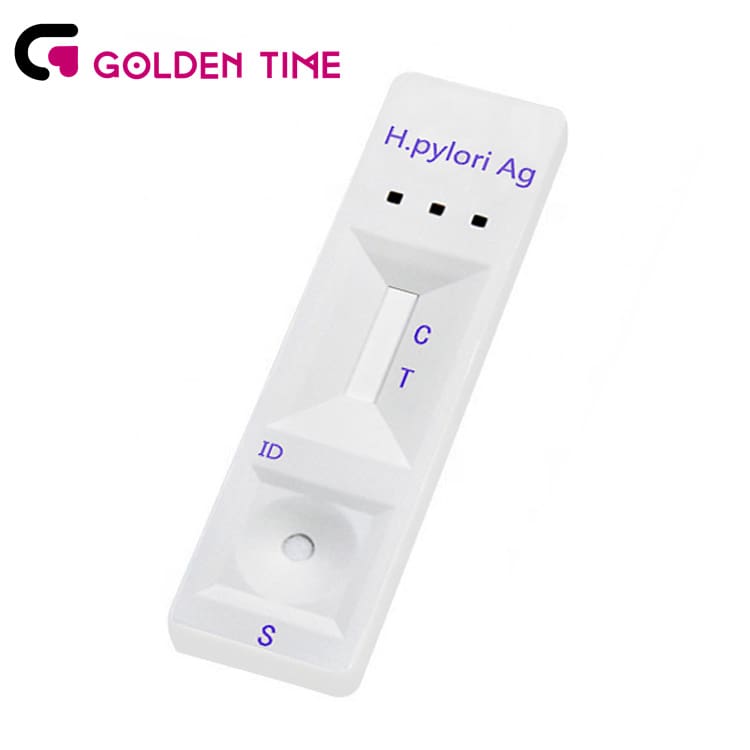Aug . 09, 2024 02:35 Back to list
Top Suppliers for Best FSH Levels in Blood Tests and Their Essential Services
Understanding Best FSH Levels in Blood Tests and Selecting the Right Supplier
Follicle-stimulating hormone (FSH) plays a crucial role in the reproductive processes of both men and women. Produced by the pituitary gland, FSH is essential for the development of eggs in women and the production of sperm in men. An FSH blood test measures the level of this hormone to help diagnose fertility issues, hormonal imbalances, and other related conditions. When seeking a reliable FSH blood test, understanding the best practices and selecting a reputable supplier is paramount.
What is FSH and Its Importance?
FSH is one of the key hormones involved in regulating the reproductive system. In women, it stimulates the growth of ovarian follicles, which contain eggs. In men, it is critical for sperm production. Abnormal FSH levels can indicate various reproductive health issues. For instance, elevated FSH levels in women may suggest diminished ovarian reserve, menopause, or polycystic ovary syndrome (PCOS), while low levels could indicate problems with the pituitary gland or hypothalamus. In men, high FSH levels could point to testicular failure, while low levels may signal hormonal imbalances affecting fertility.
The Need for Accurate Blood Testing
Accurate blood testing is essential for diagnosing hormone-related conditions. With the rise in awareness of reproductive health, many individuals seek FSH testing as a part of their health assessments. Load on accurate testing services remains crucial as incorrect test results can lead to misdiagnosis and inappropriate treatment plans. Therefore, choosing the right supplier for FSH blood tests is vital to ensure quality and reliable results.
Choosing the Right Supplier
When looking for a supplier of FSH blood tests, consider the following factors
best fsh in blood test supplier

1. Certification and Accreditation Ensure that the laboratory is certified, as this guarantees that it meets specific standards for quality and accuracy. Accredited labs adhere to stringent regulations and are regularly inspected.
2. Reputation Research the supplier's reputation in the field. Look for reviews, testimonials, and recommendations from healthcare professionals. A reputable supplier is generally recognized for providing reliable and accurate testing services.
3. Technological Advancements A supplier that utilizes the latest technology and methodologies for hormone testing will likely deliver more accurate results. Ask about the equipment and testing methods used in the laboratory.
4. Turnaround Time In urgent cases, the time it takes to receive results can be crucial. Choose a supplier that offers efficient processing and quick turnaround times without compromising the quality of the results.
5. Comprehensive Services Opt for a supplier that offers a wide range of hormone testing services. This could be beneficial if you need additional tests alongside FSH testing, facilitating better overall patient care.
6. Consultation Services Some suppliers may offer additional consultation services to help interpret the results of the FSH test. This can be particularly valuable in identifying the next steps for treatment or further testing.
Conclusion
In conclusion, understanding FSH's role in reproductive health and selecting a reliable supplier for blood tests is imperative for accurate diagnosis and effective treatment. As individuals navigate their reproductive health journeys, being informed about hormone testing and choosing the right laboratory can make a significant difference in achieving optimal health outcomes. By considering factors such as accreditation, reputation, technology, turnaround time, and additional services, individuals can find a supplier that meets their needs effectively.
-
Highly Accurate hCG Pregnancy Test Strips - 5 Min Results
NewsAug.02,2025
-
Premium Empty ABS Plastic Cassettes: Durable & Lightweight Storage
NewsAug.01,2025
-
Accurate Cocaine (Coc) Rapid Test Kit | Fast & Reliable Detection
NewsJul.31,2025
-
Accurate HCG Pregnancy Test Strips | Fast Home Use Kit
NewsJul.31,2025
-
Reliable Early Pregnancy Test Kit Supplier - Multi Plastic Cassette Options
NewsJul.30,2025
-
Transferrin Rapid Test Cassette – Reliable Tumor Marker Detection
NewsJul.29,2025

